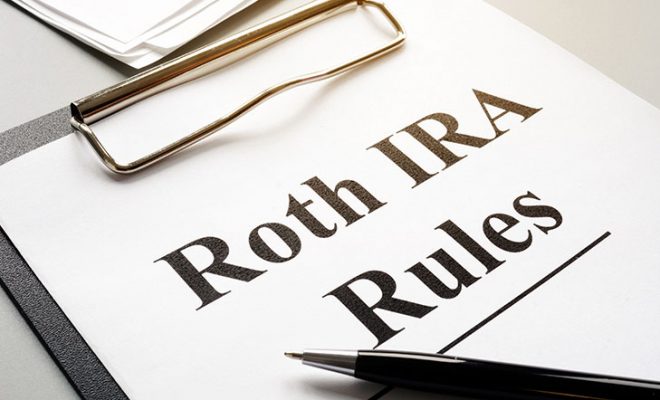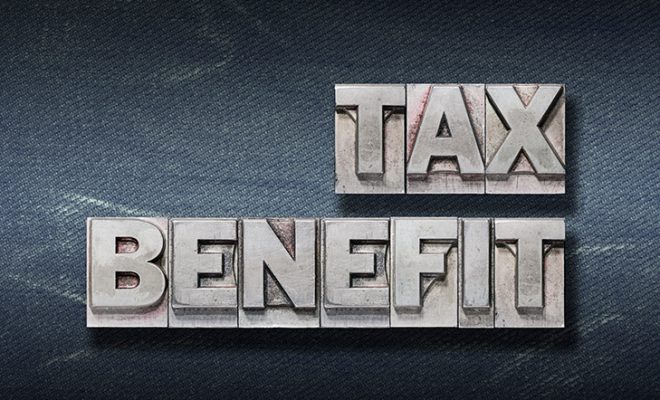Should You Avoid a Tax-Heavy Portfolio for a Secure Retirement?

Planning for your retirement years can be a dynamic activity. With changing laws, a continuous influx of financial products in the market, and increasing age and lifestyle choices, it can be hard to pick out one approach and stick to it for the rest of your life. Another factor that often leads to changing retirement strategies is taxes. Having a retirement portfolio with a low tax liability is the ideal goal for all retirees.
Why should you avoid a tax-heavy portfolio for a secure retirement?
Taxes can eat into your hard-earned savings sooner than you can imagine. While you earn, save, and invest your money with the intention of using it in retirement and living a comfortable life, taxes can disrupt these plans. Depending on the investment choices you make, the state or town you settle in, or how you plan your estate, you may lose a considerable portion of your retirement corpus to different kinds of taxes. This is nothing but money wasted, especially when it could be used towards securing an important goal.
Saving money on taxes can benefit you in the following ways:
-
- It can increase your overall corpus: Every penny that you save in taxes can be added to your retirement savings. This money may seem negligible at first but can add up to a significant sum over the course of time. This can later be used in retirement or for life goals such as buying a home, traveling abroad, paying for a child’s higher education expenses or marriage, and more. The saved funds can also be useful in case of a financial emergency.
- It can inculcate better financial practices: Being up to date with how your money is taxed and what you can do to save it can create a sense of financial discipline in your routine. It keeps you acquainted with tax laws and provisions and helps you understand tax friendly instruments, thereby making you more aware of the available choices.
- It can offer you peace of mind: Earning money can be hard. It requires time, effort, and some sacrifices along the way. While you work your entire life in order to build your net worth, it is important to safeguard it by ensuring that your money is not given away in taxes. A reducing net worth can create financial stress and anxiety. However, the right tax saving methods can offer you peace of mind and security.
Fortunately, there are ways to save on taxes by adopting a tax-friendly retirement portfolio. The right choices and asset allocation can not only offer you rewards in the long run but also save the outflow of funds in the form of taxes.
Here are some ways in which you can build a tax friendly retirement portfolio:
-
- Pick out tax efficient investment products: Picking out tax efficient investment products, such as bonds can help you reduce your tax liability in retirement. Corporate, government, and municipal bonds are some options that can considerably benefit you in the long run. Not only are these instruments considered safe, as they come with a low level of risk, but they also provide many tax benefits. The interest earned on a bond investment is exempt from federal taxes. Moreover, some states do not tax your earnings from bonds. So, depending on where you decide to stay, you could save a lot of money by investing in bonds. Most financial advisors recommend keeping a balanced proportion of bonds and stocks in your retirement portfolio. This protects your portfolio from unnecessary risk and market fluctuations.
- Choose Roth over traditional retirement accounts: While the 401(k) account, individual retirement account (IRA), etc. make for great additions to your retirement portfolio, it may be advised to pick their Roth counterparts to gain better tax advantages. When you pick a traditional retirement account, you are taxed as per the income tax bracket that you fall into for the particular year. So, if you make a retirement distribution in a financial year and your gross income increases, you may end up paying higher than usual income tax. However, converting your savings to a Roth account can be a way out here. If you invest in a Roth account for a minimum of five years and comply with all Internal Revenue Services (IRS) guidelines, your withdrawals from the retirement accounts are tax free.
- Pick long term capital gains over short term capital gains: While planning for a comfortable retirement, it helps to invest in long term capital gains instruments rather than picking out tools that enable short term capital gains. Long term capital gains refer to profits or earnings made from an investment that has been held for more than one year. The profits from such investments are taxed as long term capital gains and subject to a unique tax rate. This can range from 0% to 20% based on your income and tax filing status. On the other hand, short term capital gains are taxed as your ordinary income. Long term capital gains taxes are considerably lower than short term capital gains taxes. So, the longer you keep your money invested, the more beneficial it can be for your retirement portfolio and future savings.
- Choose a tax friendly state to settle in: Taxes go beyond the investments you choose on paper. Apart from selecting tax advantaged investment options, it also helps to pick a tax friendly state to retire in. For instance, Delaware charges no estate tax or inheritance tax. The income tax bracket for the state is also low and stands between 2.2% and 6.6%. Other states like South Carolina, Nevada, Tennessee, and Hawaii can be a pensioner’s paradise with low state and local taxes. Make sure to pay some attention to this aspect of retirement planning too.
To sum it up
Tax planning is a crucial component of financial planning. It helps you save money, increase the output of your investments, and aim for a better standard of living in your retirement years. The more time you spend on tax planning, the more relaxed can be your golden years. Thankfully, there are plenty of approaches to lower your tax liability without hampering your financial goals. The right investments and savings options can not only enable you to earn profits but also optimally save taxes so as to preserve their value.
You can reach out to a professional financial advisor in your area to know more about tax planning and how to pick out investment tools that can offer you the best results with low taxes.










